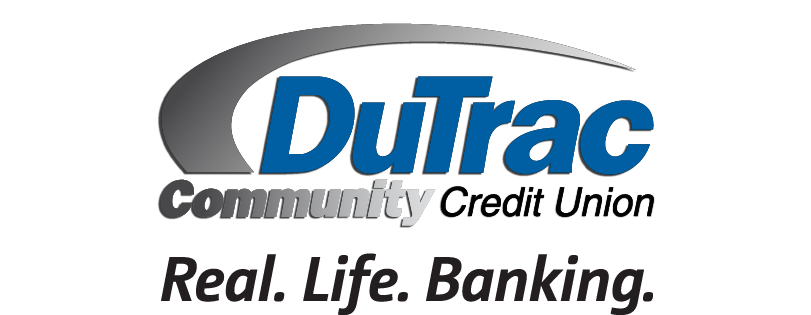In addition to living fairly lean, make it a habit that whenever you get a paycheck, you put some of that money into savings. Establishing a saving habit is one of the most important things self-employed workers can do. The amount to stash away depends on the person, but a good rainy day fund should cover between three to eight months of living expenses. Try to save around 30% of your income to cover tax liabilities and to establish this emergency fund.
Plan for Taxes
Taxes can be especially vexing for the self-employed, particularly early in their careers. Many of those self-employed fail to save enough to cover income and self-employment taxes. Some don’t know what they can and cannot deduct to minimize their tax liabilities.
Keep careful records of money coming in and money going out so you can capitalize on allowable deductions at tax time. Keep a separate business checking account and credit card from your personal ones. Not only will separate accounts and cards simplify tax preparation, they will also make it easier to track your earnings and expenses. Contact a tax advisor for your particular situation.
Get Better at Budgeting
It may be daunting to create a budget for the first time, but it’s essential. Consistency helps self-employed individuals minimize stress and avoid overspending when money is flush. And that will keep them in business not only when income is light but also for the long term. It takes work and discipline, but the longer you do it, the better you’ll get at it.
DuTrac offers a multitude of free, online financial calculators designed to help you with your financial planning. Interactive calculators, dynamic graphs and customizable reports are some of the features that make DuTrac’s calculators useful and helpful tools. These financial calculators are not guarantees of future credit.
DuTrac’s business lending team can help you establish your business accounts that can meet the evolving needs of your business.
Source: Home & Family Finance 2019

